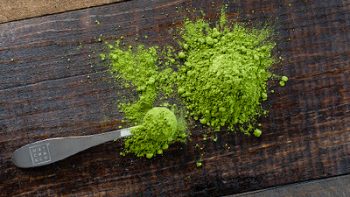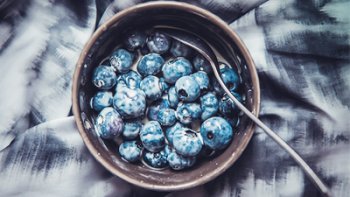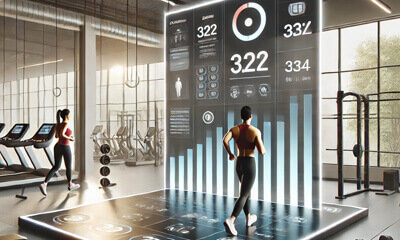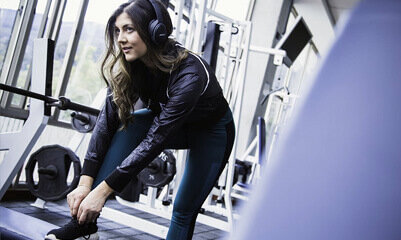Nowadays, people often believe a lot of stories and myths when it comes to health. If you ask them about it, they’ll swear by those beliefs without having proof of backing it up. Some of these fitness myths have long-lasting implications, especially to the well-being of a person.
The sad truth is that most big food and wellness product manufacturers often jump on these claims to make a profit.
Since they have powerful marketing tools and strategies, people usually jump on the bandwagon without thinking of the damage it may cause their physical and mental health.
Even another sadder and more terrifying truth is that there are lots of websites on the internet claiming the same “benefits” that these products give. There’s just too much saturation of these websites that you’ll have a hard time finding those sites that actually present facts and data about products. To further enlighten you, here are some health myths and practices that we should know about.
Sports Drinks work best even if you’re not working out
When you work out at the gym, chances are you’ve seen a lot of people quenching their thirst with blue, green, red, yellow, etc. colorful drinks. As advertised, these drinks have tons of electrolytes and minerals that’ll help your body as you go to the gym.
People are so into these drinks because they often see famous elite athletes chugging down on these drinks. Truthfully though, these drinks do contain electrolytes and minerals that help the body be more focused and ready. However, there’s a raging idea that these sports drinks can help even when you’re not going to the gym.
Verdict: False
There’s no substitute for clean drinking water. There might be vitamins and minerals in those drinks, but they also have additives that don’t benefit you on normal conditions. For one, these drinks have lots of sugar which can eventually lead to diabetes, weight gain, and poor diet.
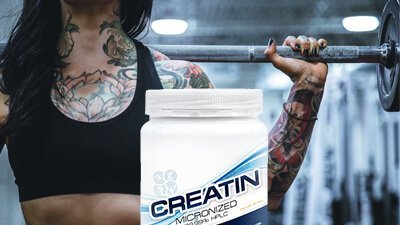
Top Pre-Work Supplements – Pros and Cons
While you are exercising to improve your health, there are basic requirements for exercise – supplements. Suitability of a pre-workout supplement is dependent on the type of exercise. Some supplements are designed for increasing power while others are for endurance.
Although these sports drinks have a lot of research behind them, these were funded by the manufacturers themselves. These beverages were designed for elite athletes and in situations where they need electrolytes and minerals. Only consume these drinks moderately and never replace water as your number one hydration solution.
Drinking too much water is bad for you
Since we’re talking about drinking, let’s talk about water. Almost everyone will agree that water is good for you. There’s no bad side to drinking too much water.
Or is there?
Verdict: True
Although water is good for you, drinking too much of it can lead to severe problems. Water intoxication happens when the body ingests too much water. Due to the excess water in our body, the brain sends signals to it to release it through any possible means. This means that the body will vomit, sweat, and urinate water to flush it all out.

Photo by Manki Kim on Unsplash
As the body is doing this, it also flushes out sodium. When there’s too much sodium lost in the body, a person enters Hyponatremia. If left untreated, Hyponatremia can cause headache, muscle cramping, seizures, coma, and eventually, death.
Supplements are too bad for you
A lot of people often stay away from supplements because they think it’s harmful and toxic to the human body. They also say that the only best way to get nutrients, vitamins, and minerals is getting it through the food and water we ingest.
Verdict: Plausible
There is a worrying trend nowadays that food supplements can replace actual food. The trend goes on to say that instead of eating food to get minerals, why not take it in, directly?

Photo by Gesina Kunkel on Unsplash
In reality, there’s just no substitute for food. Not only does it taste good, smell good, food also makes us feel better. Avoid these concepts where you should go strictly for pills and tablets of vitamins and minerals.
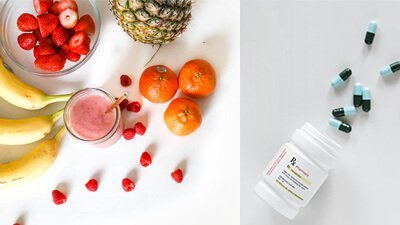
Will Taking a Vitamin Supplement Boost Fitness Results?
Supplements are taken by millions of exercise enthusiasts in a bid to aid performance, recovery, and health. Nonetheless, extensive research shows that there are risks associated with taking some of the most popular vitamin supplements on the market.
However, taking supplements regularly isn’t too bad as people think. For example, women are known to be more susceptible to osteoporosis because of their anatomy. In contrast, women’s bones are smaller than most men. Young, healthy women also have estrogen, a vital hormone which helps protects the bones.
However, estrogen sharply decreases when they reach menopause. A sudden drop in estrogen often leads to debilitating bone diseases such as osteoporosis. Situations like these call for proper dieting, exercise, and adequate supplementation for women.
Sleep is for the Weak
You often hear that phrase when someone is dozing off instead of doing exercise or hard work. Although carelessly sleeping can lead to missed deadlines and progress, is sleep really for the weak?
Verdict: False
Sleep is never for the weak. In fact, sleep is for those who are strong and healthy. A lot of people perceive sleeping as being lazy or irresponsible, and that’s just wrong. Sleep actually helps the body recover from strenuous activities such as going to the gym, playing sports, working, and even studying.

Sleep plays a vital role in good health and well-being throughout your life / Photo by Maddi Bazzocco on Unsplash
When a person doesn’t get enough sleep, he or she may develop a weak immune system and severe psychological conditions such as anxiety and depression.
Low quality sleep is also linked to life-threatening diseases such as high blood pressure, diabetes, and heart attacks.
After working out or studying, allow a few hours to compose yourself. Afterwards, you can take a bath and prepare yourself for sleep. Elite athletes will swear on the fact that sleep helps them build muscles after they work out. Scientists, mathematicians, writers, etc. also swear that rest is a must if they want to produce more quality results with their jobs.
Skipping breakfast can help you lose weight
Breakfast is the most important meal of the day. Those lines are the favorite of many mothers and dads who prepare breakfast daily. However, if you want to lose weight, does cutting off breakfast actually help you?
Verdict: Plausible
Skipping breakfast might help you shed off some pounds according to research. A practice by healthy dieters called intermittent fasting is sweeping up a lot of people about their eating habits.
Basically, intermittent fasting helps the body burn fat faster by starving it the proper way. The routine involves people entirely skipping breakfast, eating a hearty lunch, and snacking lightly on healthy foods during the night(some don’t even snack at all).
On the other side, a lot of people swear that breakfast gets them going through the day. Eating a hearty breakfast lets them avoid eating heavy meals throughout the day. People who eat breakfast also claim to be happier than those who don’t, as starving yourself through mid-day can get you grumpy and irritable.
Takeaway
The myths mentioned above are just a few of what people believe in nowadays. Some myths are based on hard research, while some rely on past practices. Always remember that in anything you do, your body reacts differently from the rest. Don’t immediately go for a fad just because it’s trending nowadays.
Maintain a healthy well being by eating the right food, by doing exercises, and having the right amount and quality of sleep. Before you opt for intermittent fasting, drinking supplements, and other therapies, always consult with your doctor first.




